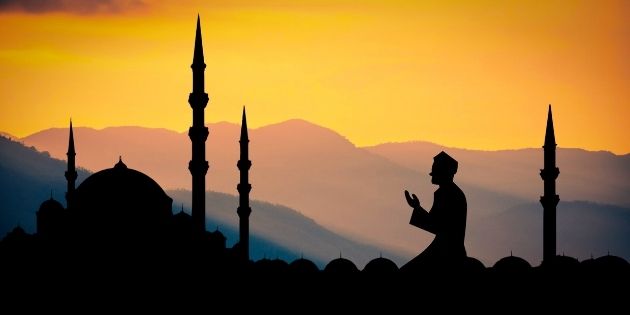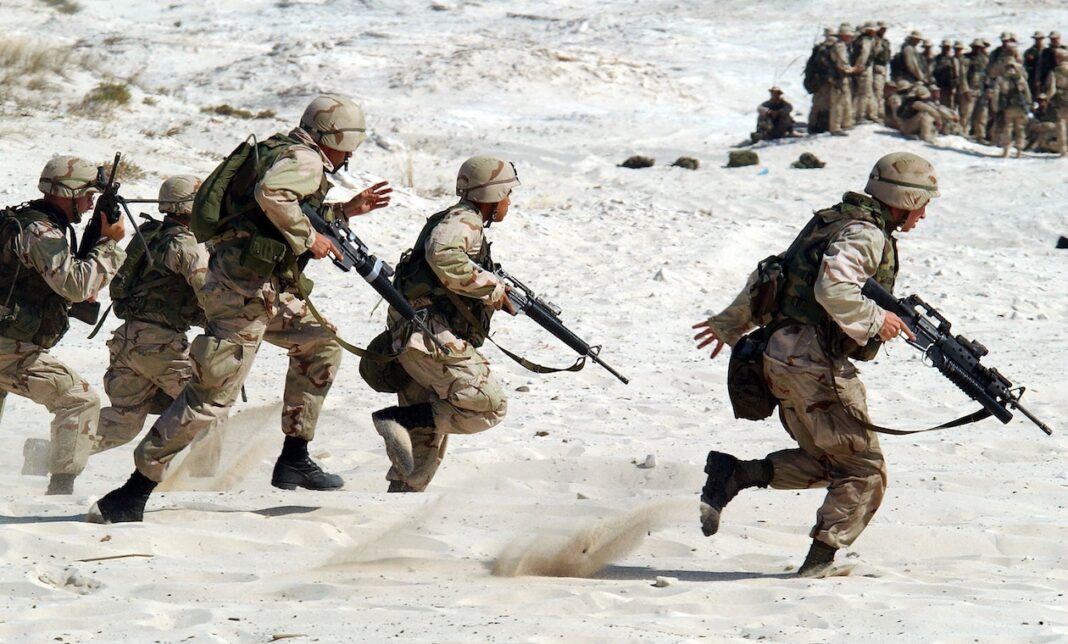Sometimes seeking forgiveness from Allah is all we need, when we are out of a decision, we couldn’t move a single step because we are struck.
Everything seems hard to comprehend, though we sometimes look for another way round the true way to open locked doors, is to ask Allah for forgiveness.
And this could be anything. In fact, understanding an aspect of Islam could serve as a reasonable example.
Ibn Taymiyah said, “When I am confused in my understanding of an issue in religion, I forthwith beseech Allah to forgive me one thousand times – maybe a little more or maybe a little less.
Then Allah opens what was closed for me and I understand.’ I said [to them]: Ask forgiveness from your Lord; Verily, He is Oft-Forgiving; He will send rain to you in abundance.’) (Qur’an 71:10-11)
One way of finding inner peace is to constantly seek forgiveness from Allah. Even sin can be a blessing if it causes the believer to turn to his Lord in repentance. Al-Musnad relates the following:
“Allah does not make a decree for his slave except that it is better for him.
Ibn Taymiyah was asked in relation to this hadith, ‘Even the sin?’
He replied, ‘Yes, if it is followed by repentance, regret, asking for forgiveness, and sincerely feeling remorseful for having transgressed.
Allah, the All-Merciful, says: (if they [hypocrites], when they had been unjust to themselves, had come to you [Muhammad) and begged Allah’s Forgiveness, and the Messenger had begged forgiveness for them: indeed, they would have found Allah All-Forgiving, Most Merciful.” (Qur’an 4:64)
And so are the days (good and not so good], We give to men by turns…) (Qur’an 3:140)
(The day they see it, [it will be) as if they had not tarried [in this world] except an afternoon or a morning.) (Qur’an 79:46)
I always feel wonderful when reflecting on some of the great people of history. Even though they faced hardships, it seemed as if to them their hardships were as gentle as drops of water.
At the forefront of this elite group is the leader of the creation, Muhammad (PBUH). He was in the cave with Abu Bakr while leaving for Madeenah, and his enemies were near them, he said to his Companion:
(Be not sad [or afraid), surely Allah is with us.) (Qur’an 9:40)
Lo! He (PBUH) is on the way, migrating, rejected by the Makkan people, he is so confident that he gives glad tidings to Saraqah, who followed him on the way. He said: ‘You will wear the hand bracelet of Khusrao – the king of Persia.’
“Glad tidings from the unseen at the mouth of the cave: Revelation that led to happiness for the world.”
In the battle of Badr, the Prophet (PBUH) eagerly put on his armor while saying:
(Their multitude will be put to flight, and they will show their backs.) (Qur’an 54:45)
And in the battle of Uħud, after the martyrdom of some Companions and the injuries of others, he (PBUH) said to his Companions:
“Line up behind me so that I can praise my Lord.”
It was the determination and willpower of a Prophet that could even, by the will of Allah, shake mountains.
Qays ibn ‘Aașim al-Manqari, famous among the Arabs for his patience, was narrating a story to his people that were with him.
àSuddenly, a man came and told Qays, ‘Your son has been murdered. The son of so-and-so killed him.’
He didn’t cut short his story but continued in a calm demeanor until he finished it. Then he said, “Wash my son, cover him with a winding-sheet, and give me permission to pray for him!’
In the words of the Qur’an: And those who are patient in extreme poverty and ailment (disease) and at the time of fighting (during the battles].) (Qur’an 2:177)
A Companion of the Prophet Muhammad, Ikrimah ibn Abi Jahl was offered water on his deathbed in the battlefield, and he said, ‘offer it to so and so.’
There were a number of them, all on the verge of dying, and each preferred the person after him to his own self, and with this wonderful display of brotherhood, they all expired.


